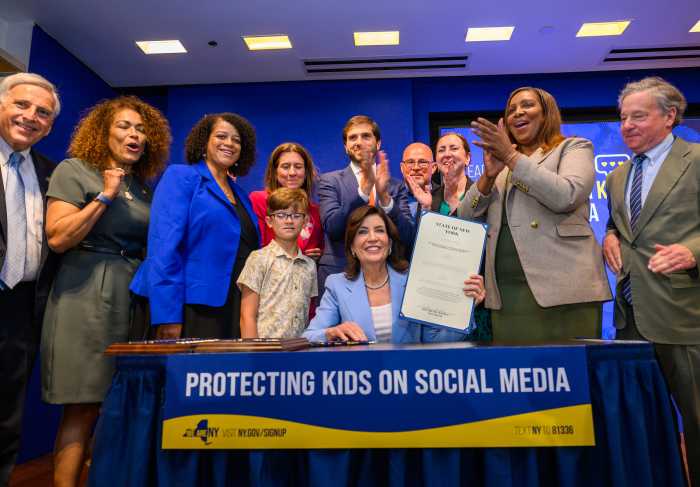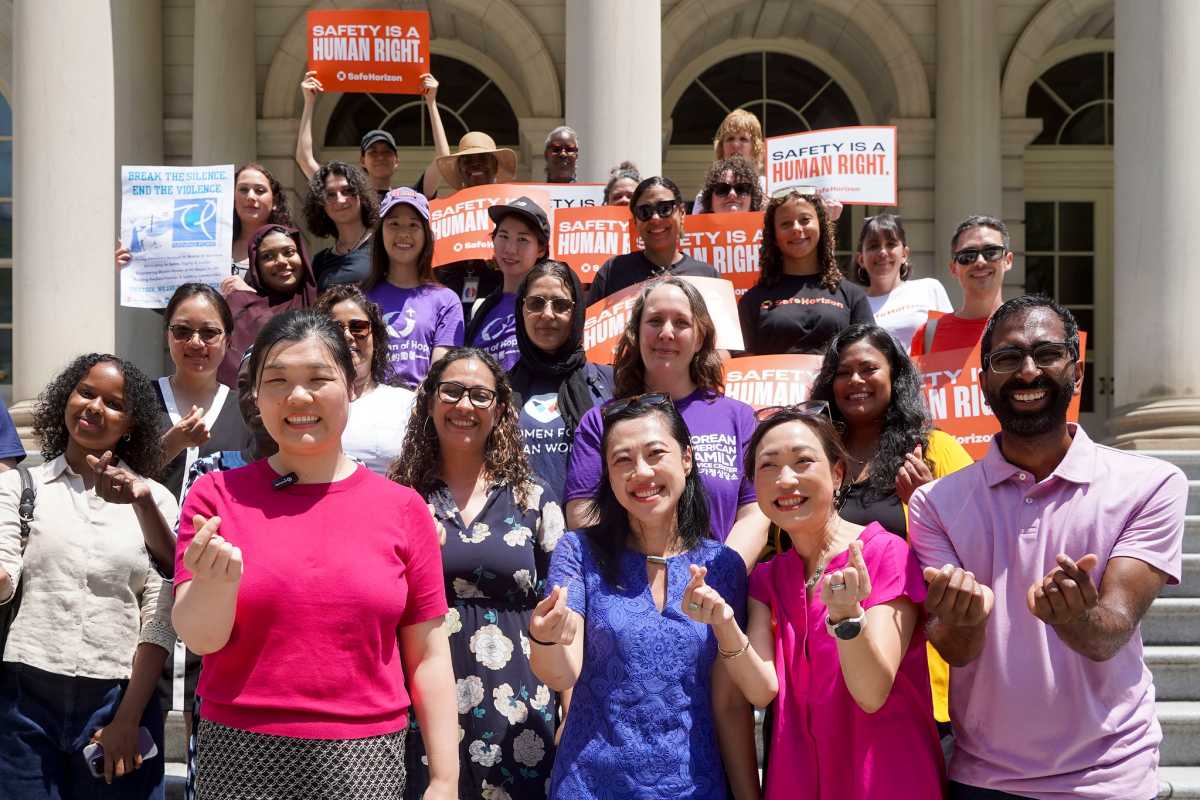Every Monday faithfully, for years, I have brought my children to Hebrew school.
Friends have asked why. The question makes me angry.
“Why? Because we’re Jewish!” I say. True, we aren’t religious (my husband tolerates the High Holidays, despite his atheism) but I wanted to give our kids some sense of a higher power, of something bigger than themselves.
“We don’t take the time to talk about spirituality at home,” I told one friend, though I remain unsure why I am introducing my kids to a belief system in which I am not sure I actually believe.
Lately, my weak reasoning has resonated less and less with my boys, who have begun to ask the constant and pervasive question, “Why?” about things they don’t want to do. Telling them, “Just because…” is just not going to cut it.
But in a sense, “Just because” is as true an answer as any when Judaism is concerned. The seed of doubt, the questioning of religion, was planted in my mind from my early days. I was always doubtful that any group of people, especially one that I was considered part of, might be better than everyone else, might be the “Chosen” ones. Fundamentally, I think that such a belief is the great divider of peoples, the root cause of hatred and war and almost every uprising for all of recorded history. Yet I send my children to a religious program.
Perhaps for the same reason, I joined a sorority when I was in college. The goal, I guess, was to be part of something or grouped together with others against the cold realities of the real world, practicing rituals that might maybe mean something, if only (as the great show, “The Book of Mormon,” points out) in metaphor.
What if those rites and rituals stop meaning anything? What if the words on the Hebrew homework that come back are foreign not only because they are literally, but also because they are conceptually? What if you couldn’t care less about kashrut and karpas and kippahs? And what if that begins shining through, clearly, to your kids?
“I don’t want to go to Hebrew school…” Eli began whining this year more vociferously than ever, sensing a chink in the armor. Previously, I had not even been willing to entertain the idea.
“This isn’t like rugby, or piano, or other things you can opt out of just because you don’t feel like it,” I remember saying to him one day. “You are going for the next (fill-in-the-blank) years, until your Bar Mitzvah, and that’s that.”
Something changed this past year, though. It began to seem more than slightly hypocritical for me to push and prod my kids to parrot concepts that I wasn’t sure I could stand behind. I began caring less and less that they finish their Hebrew homework, that they attend any except the most mandatory of events at the Temple. I began complaining about Hebrew school myself and that, of course, as a parent, is the kiss of death.
“Maybe,” I floated, “you won’t go back to Hebrew school next year…”
I chastised myself mercilessly for the comment, which was immediately etched in stone in Eli’s agnostic-leaning little brain. “We’re not going next year, remember Mommy?” he’d say all year as an excuse not to be as vigilant with his efforts, to skip Hebrew in favor of baseball.
Here I was, in a place where I’d always feared to be, one of Those people I always shook my head at sadly, one of those non-believers who didn’t try to “give” their kids religion. But something in me had snapped. I realized one day that a belief system based on story after story of prevailing over persecution was not necessarily something I wanted to give, and that, even if I so desired to, it was not necessarily going to take. In my household, no matter what words pass through my lips, my kids always know how I really feel. And they knew I had stopped caring.
On the last day of Hebrew school I passed along the sign-up form for next year without signing up. I tried (hard as it is for me) to stay quiet about my decision, challenging as it is for others not to feel judged by the decisions we make for ourselves when they differ from their own.
I couldn’t lie, though. When asked explicitly my plans, in that moment or many others that have come up in recent weeks, I have had to offer up that I’m just not sure, that I just can’t reconcile it so much anymore.
Not surprisingly, given the questioning nature of the temple I’d chosen, one filled with inter-faith couples and converts and people whose lifestyle choices might be judged harshly in more stringent religious settings, my struggle with hypocrisy was shared. I was not alone.
And the dilemma remained: How can you provide your kids a bit of spirituality if you are not spiritual?
Like parenting itself, each of us makes her own choices about faith, picking and choosing the ways that work for us. People stick it out often for the sense of perpetuating a rich history and culture, often out of sheer family guilt and, if we’re honest, out of fear: without a temple membership, without a weekly commitment to a single system, we might not belong. We are flapping, like the wind, free to make our own choices out of the many millions of choices out there to make. As it turns out, for better or worse, that is the place we’ve been anyway, my family. Now, we just don’t have to pretend.

























